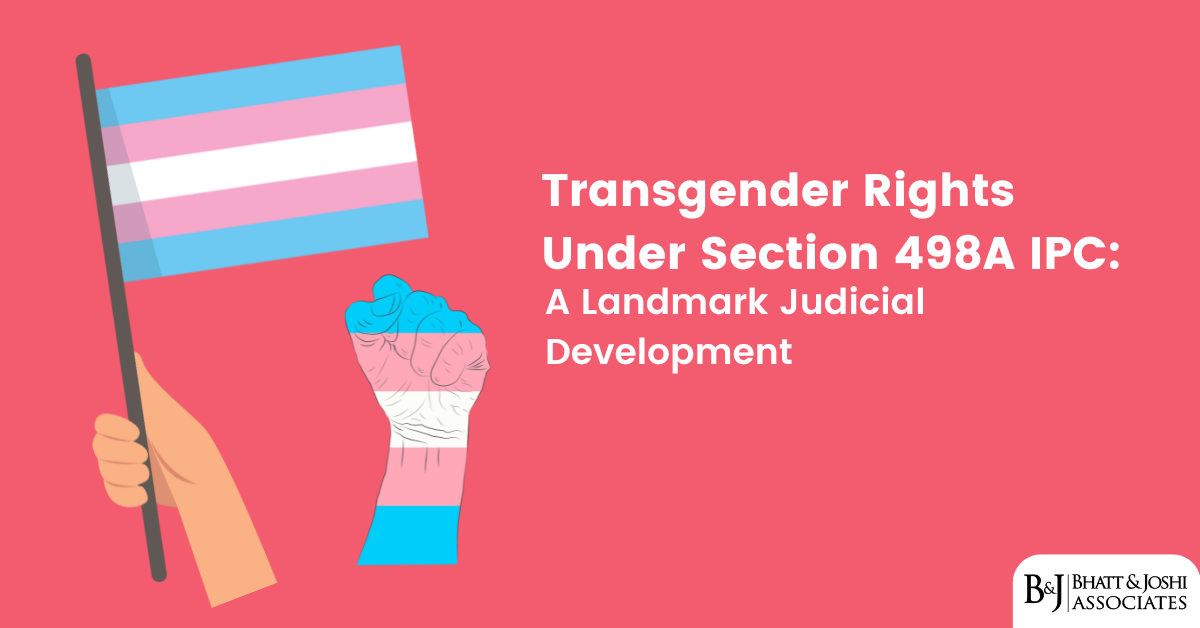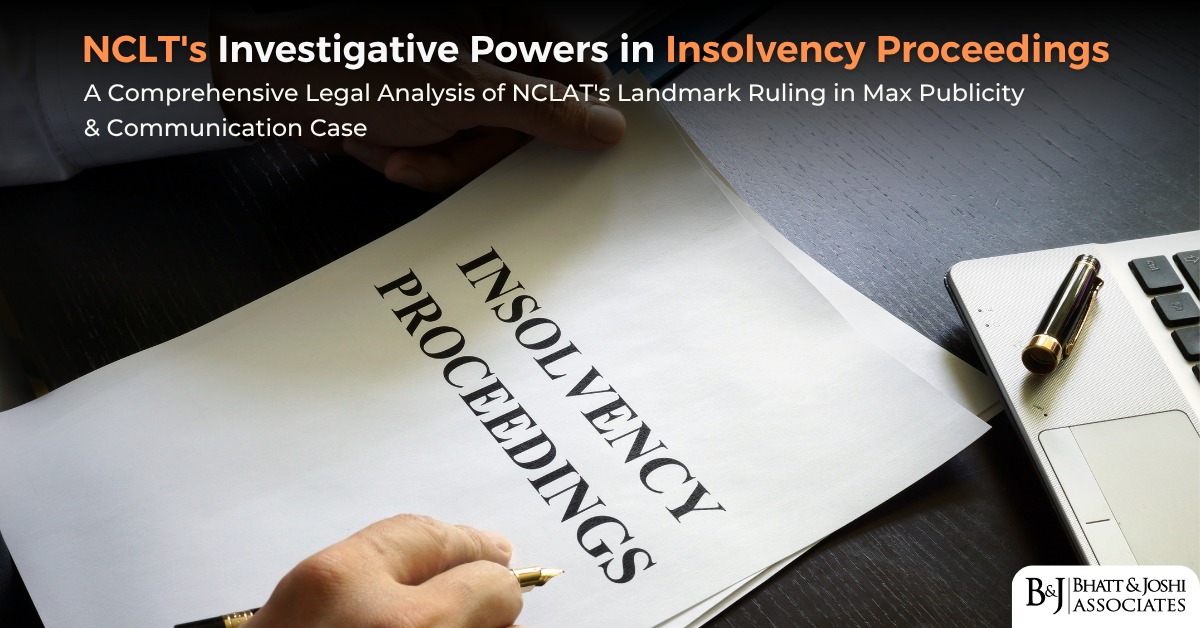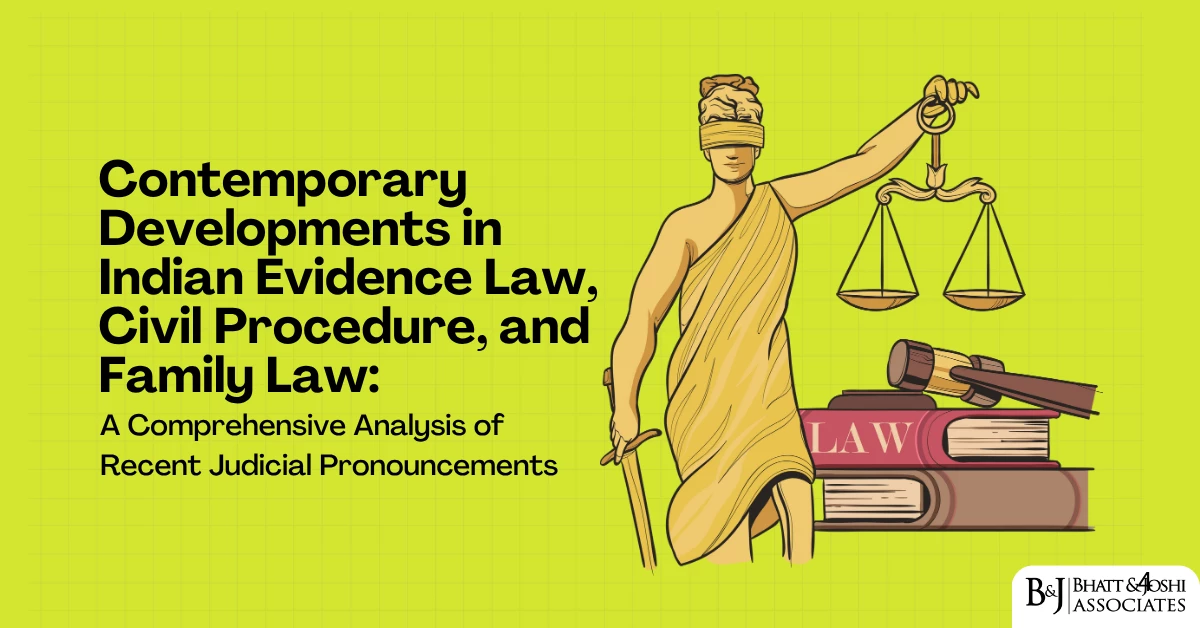GST on petrol has been a contentious issue since the implementation of the Goods and Services Tax (GST) law in India. Certain developments since 2021 have led industries across the country to believe that the GST Council may decide to charge GST on petrol and petroleum products, which is otherwise currently out of its sight.
INTRODUCTION
It may be noted that Article Article 279A Constitution of India: Goods and Services Tax Council, is a mandatory provision, which shall enable the introduction of GST on Petrol and on petroleum crude, high-speed diesel, motor spirit (commonly known as petrol), natural gas and aviation turbine fuel; the relevant provision reads as below:
Article 279A:
(5) The Goods and Services Tax Council shall recommend the date on which the goods and services tax be levied on petroleum crude, high-speed diesel, motor spirit (commonly known as petrol), natural gas and aviation turbine fuel.
Note: This article was brought into force by way of the Constitution (One Hundred and First Amendment) Act, 2016
It may also be noted that Section 9 of the CGST Act states that GST on petrol crude and diesel, GST on motor spirit, natural gas and aviation turbine fuel shall apply from a date that government will notify. The government has not notified any date for levying GST on petroleum products. Further, Article 279A of the Indian Constitution mentions that the GST Council shall have the authority to decide the date of implementing GST on petrol in India.
Section 9 of CGST Act 2017: Levy and Collection (CHAPTER III LEVY AND COLLECTION OF TAX)
(2) The central tax on the supply of petroleum crude, high-speed diesel, motor spirit (commonly known as petrol), natural gas and aviation turbine fuel shall be levied with effect from such date as may be notified by the Government on the recommendations of the Council.
Thus, it is clear that Consensus between states and the central government is necessary for the introduction of GST into petrol and diesel. However, it is becoming difficult because the revenue generated from the GST on petrol and diesel will be shared between the central and state governments. Currently, the revenue generated from the taxes on petrol and diesel goes directly to the state governments, and the central government does not get any share and excise duty upto 40-50% of the petrol price goes to State Exchequer; and the states apprehend that bringing Petrol and Diesel into GST net will lower their budgetary outlays; substantially reducing their income;
Benefits of GST on Petrol
However, under GST, the maximum tax outflow charged is 40% (20% each is the maximum SGST or CGST). Bringing petrol and similar items under the GST ambit will put the consumers in a relatively better position. If petroleum crude, high-speed diesel, motor spirit (also known as petrol), natural gas and aviation turbine fuel are even charged at the current maximum tax slab of 28%, consumers will be paying a lesser price than they are presently paying for it.
Petroleum Items already under GST Net
However, there are petroleum products (other than crude) used directly as raw material in industries that attract GST with the respective HSN codes as follows-
| Particulars | HSN code | GST rate |
| Petroleum Gases in liquified form | 27111900 | 5% |
| Petroleum Gases in gaseous state | 27112100 | 18% |
| Petroleum Oils And Oils Obtained From Bituminous Minerals, Other Than Crude, with the weight of 70% or more of Petroleum Oils | 27109100 | 18% |
| Raw petroleum coke for node making used in the Aluminium Industry as per Standard Is 17049 | 27131110 | 18% |
| Liquified petroleum gas or LPG supplied to non-domestic, exempted category (NDEC) customers by companies such as IOC, HP or BP | 27111200 | 5% |
| Petroleum jelly | 27129010, 90 | 18% |
Therefore, a consensus between the states and the central government is necessary for the revenue-sharing arrangement. This is the main reason why the introduction of GST on petrol and diesel is being delayed.
Editor’s note:
In a recent development (in the year 2021), Kerala HC to GST Council has asked GST Council to specify the reasons for not including petrol and diesel under GST; The Bench led by Chief Justice S Manikumar passed the directive when a writ petition was filed by the Kerala Pradesh Gandhi Darshanavedi, Thiruvananthapuram, challenged the GST Council’s decision not to include the petroleum products under the GST.
The petitioner pointed out that the GST Council meeting had recently decided that it was not appropriate to include petrol and diesel under the GST at this stage. The Council had met to consider a representation given by the petitioner seeking to bring the products under the GST following the High Court directive.
The petitioner said that the Council had not given any proper reasons for rejecting the request of the petitioner. There was no application of mind by the Council. The present situation was ripe enough to decide as the prices of petrol and diesel were surging on a day-to-day basis, creating a ripple effect on the economy. In fact, the people who did not even consume petrol and diesel were also equally affected.
The petitioner pointed out that different prices were being charged for petrol and diesel in various States in the country due to different rates of tax levied by the State government. It impeded achieving harmonised national market as contemplated under Article 279A(6) of the Constitution. The rise in petroleum products had a cascading effect on all commodities including essential ones, leading to an increase in the cost of living. The prices of fuel need to be rationalised.
CONCLUSION:
It is clear that bringing Petrol and Diesel under the GST umbrella, will pave way for harmonised national market as contemplated under Article 279A(6) of the Constitution and will further pave the way for a positive ripple effect on the market economy and reduce corruption by state officials significantly and therefore, earnestly hoped that GST is soon brought for the petrol and diesel items.
Written by: Sneh Purohit, Associate at Bhatt & Joshi Associates













